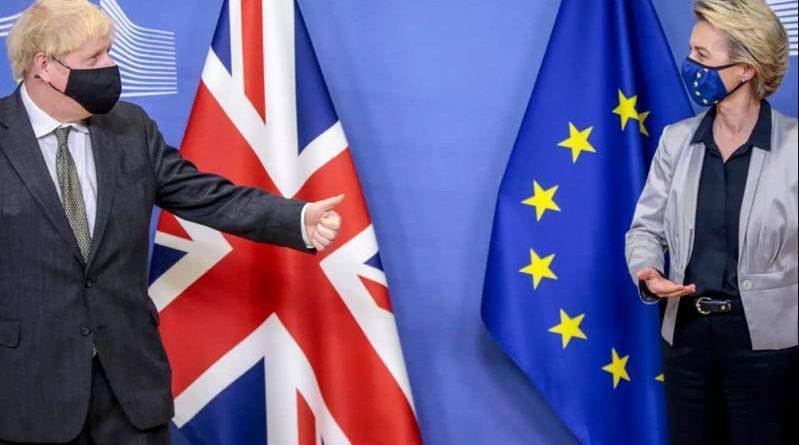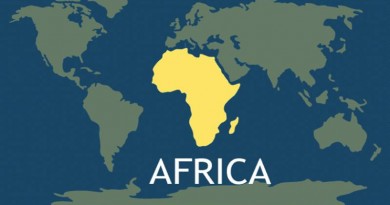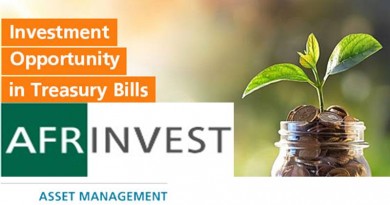The Brexit Trade Deal: Here is what changes
The Brexit Trade Deal or the EU and UK trade agreement – running to 2,000 pages – is unprecedented in scope, containing provisions on subjects varying from civil nuclear cooperation and energy interconnections to fishing and aviation.
“We have taken back control of our money, borders, laws, trade and our fishing waters. The deal is fantastic news for families and businesses in every part of the UK. We have signed the first free trade agreement based on zero tariffs and zero quotas that has ever been achieved.” Johnson tweeted a picture of himself with both thumbs up.
The Brexit trade deal deal guarantees “zero tariff and zero quota” trade on goods worth £668bn in 2019. But it will also mean significant costs to businesses as exporters face a host of border checks from 1 January and freedom of movement in the EU will end for most UK nationals.
Businesses will face extra paperwork and costs when trading with the UK’s biggest export market. Freedom of movement for most UK nationals will end, with restrictions imposed on stays in EU member states. As a “third country” to the EU, coronavirus travel restrictions could be imposed on UK nationals as of 1 January.
The Downing Street spokesperson said, however, that the agreement would guarantee that the UK was “no longer in the lunar pull of the EU, we are not bound by EU rules, there is no role for the European court of justice and all of our key red lines about returning sovereignty have been achieved”.
They added: “It means that we will have full political and economic independence on 1 January 2021. A points-based immigration system will put us in full control of who enters the UK and free movement will end.
According to Joe Mayes of Bloomberg, here are other things that changes with the Brexit trade deal:
“For businesses, the trade deal between Britain and the European Union comes as a relief, mitigating some of the worst disruption they face, but it won’t be a full substitute for membership of the bloc.
With the U.K. no longer part of the EU’s customs union and single market, trade won’t flow as smoothly as before. Companies will need to file new paperwork, and their products risk being held up at the border. Finance firms will lose their passport to offer services across the EU; and consumers will see their rights to live and stay on the other side of the channel curtailed. Even taking a pet dog to the continent will become more complicated.
Here’s what will change on Dec. 31:
Customs
Businesses exporting to the EU will have to file customs declarations. To move goods from Dover to Calais — the U.K.’s busiest crossing point with the EU — truckers will need a government-issued permit showing they have the right paperwork and won’t be held up by French officials.
Faced with the threat of border delays, car makers, aerospace firms and other manufacturers that rely on parts arriving just-in-time have built up their stockpiles. Food makers run the risk that fresh produce could be left to rot in queuing tracks.
Trade in animal products in particular will be subject to new paperwork. Goods will need to move through designated border inspection posts and will require export health certificates issued by a veterinary professional.
While goods moving out of the U.K. will face checks from the year-end, Britain has deferred full import controls on goods coming from the EU until July. But companies will still need to keep records of their transactions and file the customs declarations in July.
City of London
Regardless of the deal, finance firms will lose their passport to offer services across the EU, forcing them to shift staff and beef up their operations in the bloc. Access to customers in the bloc will depend on the EU deeming U.K. rules to be equivalent to its own in 40 areas, something that so far hasn’t happened. Firms can’t be certain permission will be granted — and the EU will still be able to withdraw it with little notice.
Services
Services — which makes up 80% of Britain’s economy and includes sectors such as auditing, architecture and consulting — will face new restrictions. Businesses may need to establish an office in the EU to continue trading, and may need local approval for their professional qualifications.
Rules of Origin
To take advantage of zero-tariff trade under the U.K.-EU agreement, companies will need to file documents proving the origin of their goods. Only goods that contain a sufficient quantity of U.K. or EU inputs will be eligible for zero-tariff treatment.
Standards
Companies may have to comply with two separate regimes for product standards and regulations, needing approvals from U.K. and EU bodies to have the right to sell in both markets. For example, some goods will need to bear a new U.K. Conformity Assessed (UKCA) mark from Jan. 1, instead of the EU’s CE mark, in order to be sold in Britain.
Passports and Pets
British visitors to the EU will need more than six months left on their passport in order to travel. Staying in the EU for longer than 90 days may require a visa.
Motorists may need an international driving permit. Taking your pet to the continent will require you to obtain vaccinations and a health certificate — a process that could take several weeks.
Immigration
Free movement between Britain and the EU will end. The U.K. is planning to use a ‘points-based’ immigration system, where overseas workers must prove they meet certain criteria before being allowed to come to Britain for a job. The criteria include speaking English, having an existing employment offer and earning more than 20,480 pounds ($27,300) a year.
Wine and Cigarettes
British travelers heading to the EU will be able to benefit from duty-free shopping in ports and airports. However, it will no longer be possible to bring back unlimited quantities of products such as alcohol and tobacco from the EU, subject to paying the appropriate taxes. Instead, shoppers will have tax-free allowances — 200 cigarettes, 18 liters of wine, and four liters of spirits”




